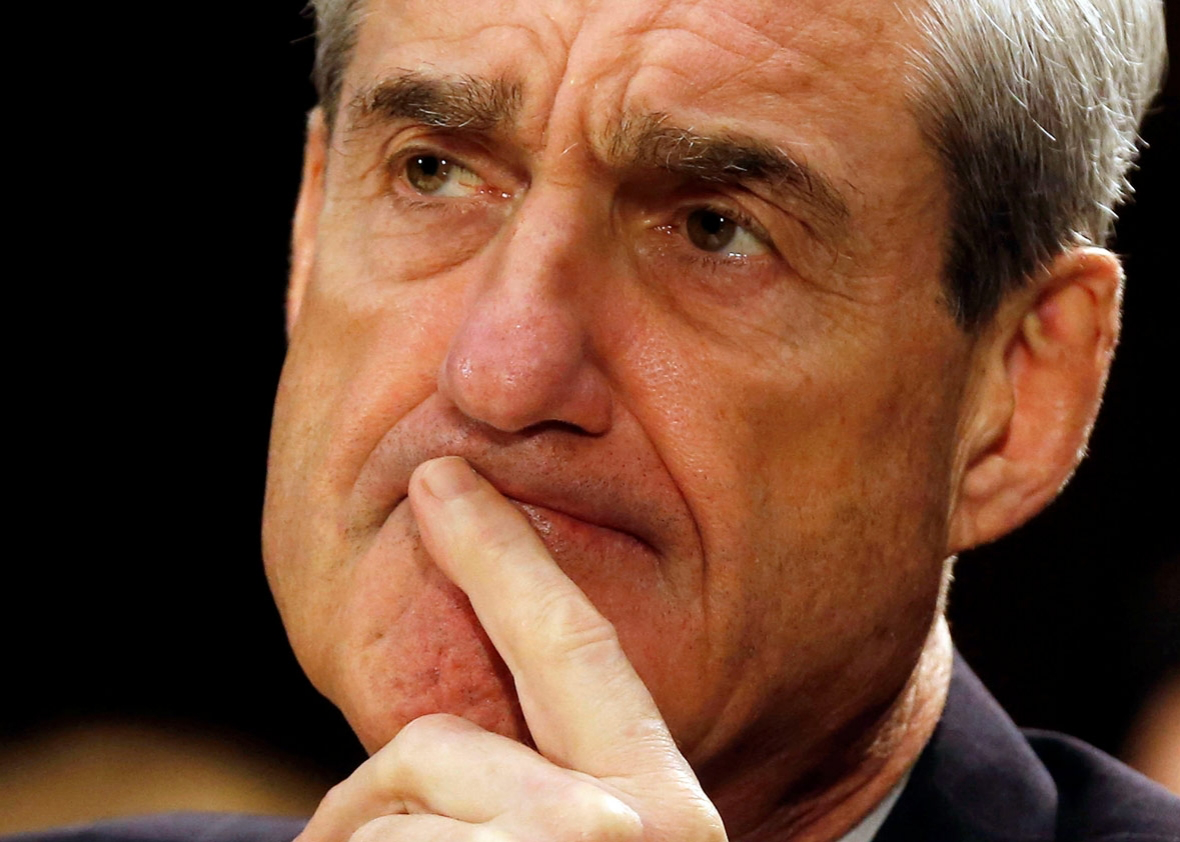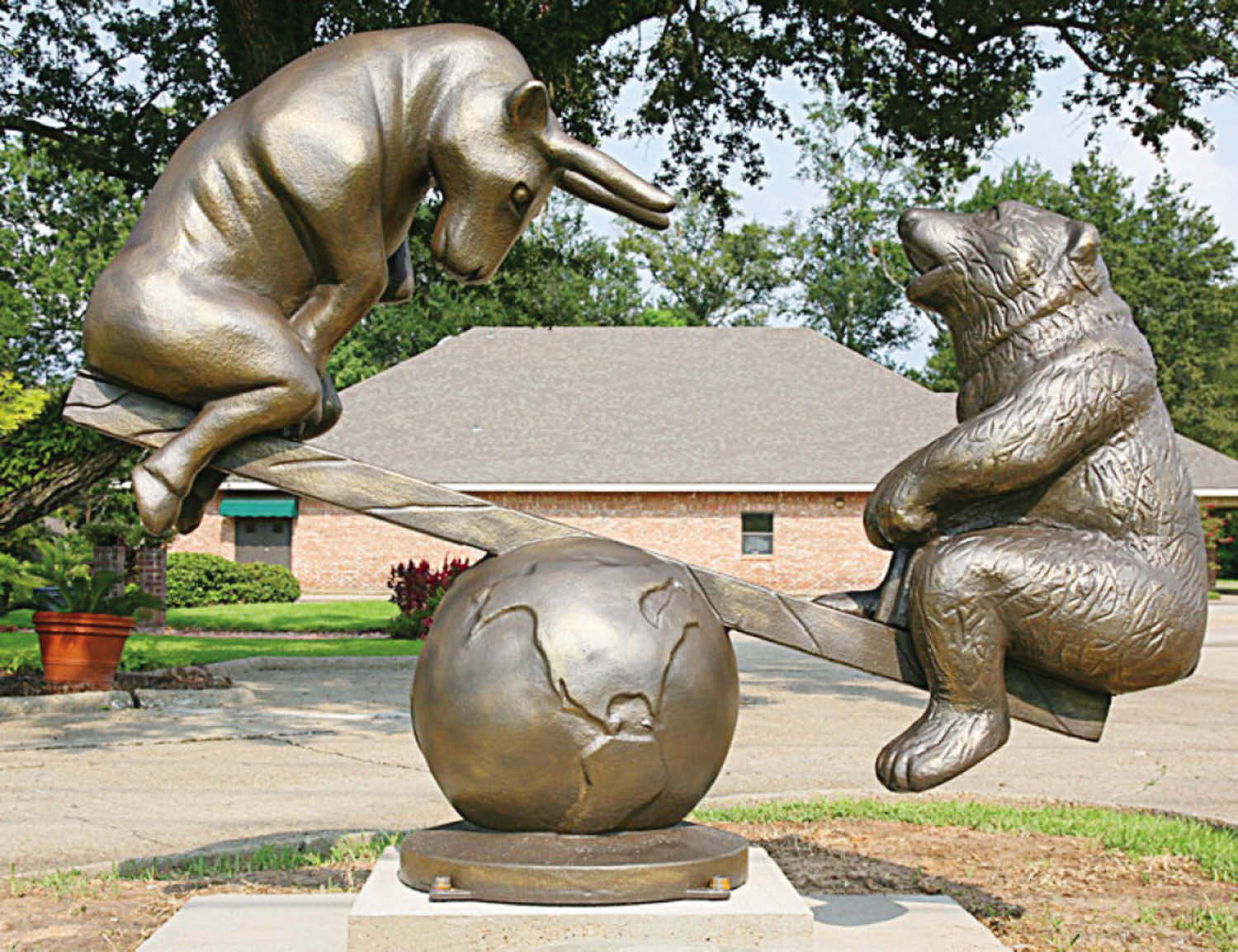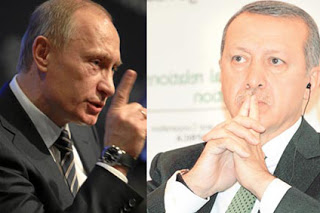
A closer look at how Robert Mueller’s investigation into Trump and Russia will play out.

The Justice Department‘s decision to name former FBI Director Robert Mueller to investigate possible collusion with Russia by Donald Trump‘s presidential campaign rocked an already reeling capital Wednesday, May 17.
While there are a variety of investigative arms available in Washington, the specific provision Deputy Attorney General Rod Rosenstein used to tap Mueller has been dormant for nearly two decades.
The rarely invoked rules provide answers to some key questions about Mueller’s new, high profile post.
1) What powers does Mueller have?
Mueller will have all the authority of a typical U.S. attorney to convene grand juries, issue subpoenas, file criminal charges and pursue those charges to trial, if he deems it appropriate. In practice, he’ll probably have more control over the FBI agents involved in his probe than most prosecutors do.
The regulations under which Mueller was appointed oblige him to “comply with the rules, regulations, procedures, practices and policies of the Department of Justice.” However, he could seek Rosenstein’s approval to shortcut or waive some of those procedures. Past special counsels have sometimes bypassed certain procedures, like internal reviews for subpoenas directed to journalists.
2) What is the scope of the investigation and could Mueller expand it?
Mueller has been assigned to probe Russia’s alleged interference in the 2016 election, which the FBI had been pursuing, with Justice Department approval. Mueller’s authority specifically includes “any links and/or coordination between the Russian government and individuals associated with the campaign of President Donald Trump.” Rosenstein’s directive also says Mueller can pursue “any matters that arose or may arise directly from the investigation,” including crimes like perjury or obstruction of justice.
Mueller’s mandate seems broad enough to capture matters like Trump’s alleged entreaties to Comey to end the inquiry into former National Security Adviser Michael Flynn. If Mueller wants more clarity on whether a matter is in his purview he could come back to Rosenstein and ask. But past outside investigators have been criticized for expanding the scope of their investigation.
3) Who does Mueller report to and can Trump fire him?
Normally, a special counsel would report to the attorney general, but because Attorney General Jeff Sessions has recused himself from the Russia-election probe, Rosenstein is acting in that role. He’ll supervise Mueller, although the rules state: “The Special Counsel shall not be subject to the day-to-day supervision of any official of the Department.”
According to the regulations, Rosenstein can block major investigative steps by Mueller, but must report to Congress if that happens. Rosenstein can fire Mueller “for misconduct, dereliction of duty, incapacity, conflict of interest, or for other good cause.” Trump can’t fire Mueller directly, but in theory could order Rosenstein to dismiss Mueller and could fire Rosenstein if he didn’t comply. The president could then seek out someone who would dismiss the special prosecutor.
This is the scenario that played out during Watergate in 1973 in the so-called Saturday Night Massacre.
Trump could also tell Sessions to repeal the regulations under which Mueller was appointed, freeing officials of any limits on firing him.
4) What sort of budget does Mueller get, and what does his operation look like?
Mueller has 60 days to propose a budget, which will be worked out with Justice Department finance officials and is subject to approval by Rosenstein. The special counsel must return by July of each year with a new budget plan. Mueller may hire some of his own lawyers and staff on a temporary basis, but typically many of those involved are “detailed” from other Justice Department offices. He’ll have access to the same FBI investigators already working on the probe, but can seek more resources if he wants them.
5) Is there a set length of time for the inquiry?
There’s no fixed duration for the investigation. It’s probable that getting Mueller and his team into place will cause some delay as they hire staff and get up to speed on work that’s already been done. Given the sensitivity of the intelligence matters, those newly-assigned to the case will need special security clearances and approvals.
The investigation could well enter a relatively quiet period for a while until Mueller decides whether to take steps likely to draw public attention, like summoning witnesses to a grand jury.
6) What impact will there be on Congressional investigations?
Mueller is likely to be given effective control over what information the Justice Department shares with Congress about the probe and what requests it makes to Congressional committees to defer questioning sensitive witnesses or avoid publicizing potential leads in the investigation.
In the short term, the decision to tap Mueller could slow down or freeze such cooperation as he tries to get read in on the various aspects of the investigation. Ultimately, Congress can do what it wants to demand witnesses and evidence, but lawmakers are typically leery of taking steps that could jeopardize the criminal probe.
“The Senate Select Committee on Intelligence will continue its own investigation and to the extent any deconfliction is required, we will engage with Director Mueller and our expectation is that he will engage with the Committee as well,” Senate Intelligence Committee Chairman Richard Burr (R-N.C.) and Vice Chair Mark Warner (D-Va.) said in a joint statement Wednesday night.
7) Will Mueller issue a final report?
Yes, but it may not be made public. The regulations call for Mueller to prepare a report for Rosenstein on the reasons for decisions to prosecute or not prosecute. The rules also say the Justice Department must report to Congress on the grounds for closing the investigation. Rosenstein can decide whether or not to make that report public, but it may be a moot point since official notifications to the Hill are often promptly leaked.
(Source: Politico)





Be the first to comment